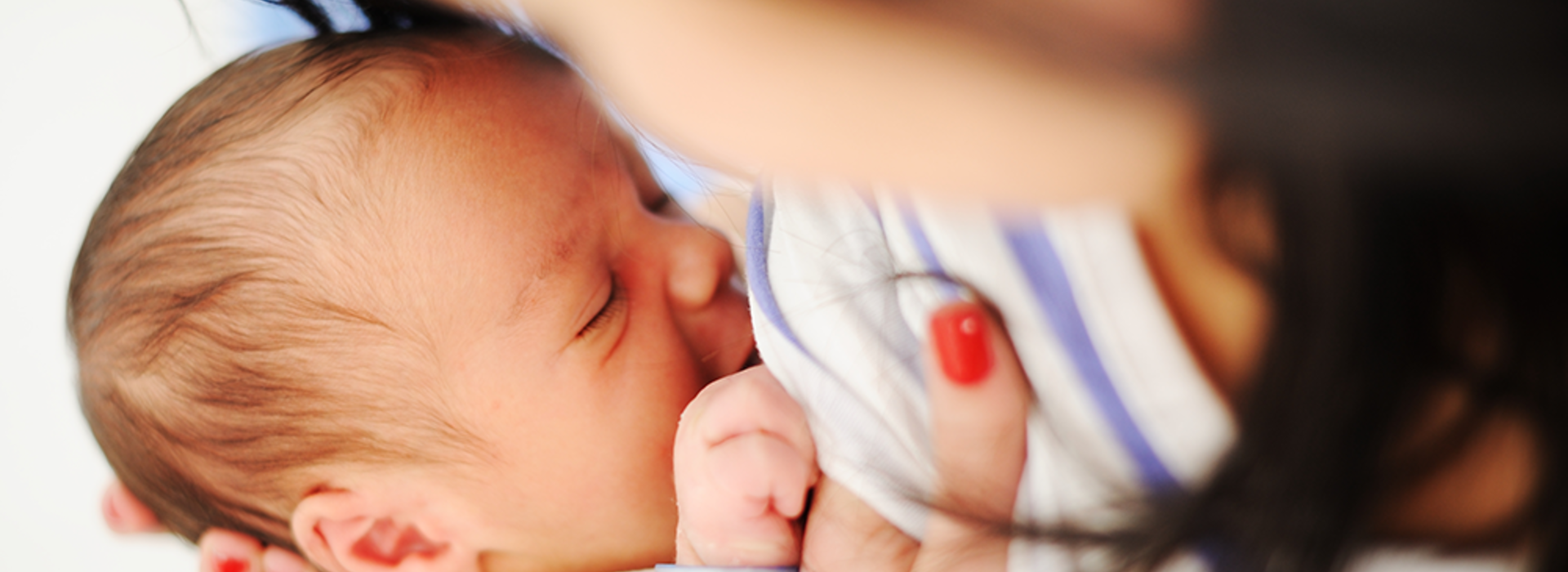
Is COVID-19 in Breast Milk? U of M Researchers Will Soon Know
Since the beginning of the pandemic, stories of pregnant women being tested for COVID-19 upon arrival, wearing face masks while in labor or delivering without a support person have gone viral. These actions, of course, are protective measures for the birthing people, staff and newborns. But, very little attention is given to what happens after a newborn is released from the hospital—after the parent and baby pack-up, leave and head home.
The decision to breastfeed is a personal one, but it has long been touted by researchers as a way to improve health outcomes and reduce health-related risks for new mothers and newborns. At the same time, researchers have also discovered breastfeeding to be a possible point of transmission for certain diseases if the breastfeeder is a carrier. For COVID-19, it has yet to be determined whether or not the virus, SARS-CoV-2, can be transmitted through breast milk.
This uncertainty is what an assistant professor in the Department of Pediatrics, Erin Osterholm, MD, is looking to ascertain in her current research. With the support of a CO:VID (Creative Outcomes: Visionary Innovation & Discovery) grant, Dr. Osterholm and Mark Schleiss, MD, will lead a study analyzing the risk posed to newborns through breastfeeding in the age of COVID-19.
“Hopefully our research can reassure moms that what they’re doing is exactly the right thing,” Dr. Osterholm said.
In order to detect the presence of SARS-CoV-2 in breast milk, researchers will test maternal breast milk samples from women for viral RNA. They will also test for the virus’ presence in the infant serum, or blood, on a weekly basis. The analysis on the newborns, notes Dr. Osterholm, will use leftover samples from infant labs already taken as part of normal protocol.
For several years, Dr. Osterholm and Dr. Schleiss have been working together to study the immune responses of preterm newborns and the role breast milk can play in an infants’ acquired viral illness; they plan to adapt the infrastructure of these prior studies to learn about SARS-CoV-2 breast milk transmission within the next six months.
Above all else, Dr. Osterholm hopes this research can provide some relief to the families who are already struggling in these uncertain times.
“We hope that our studies at the University of Minnesota Medical School can really be something that people look to at a time when they're dealing with all these incredibly stressful things,” she said. “Our goal is to give them the most accurate and up-to-date science, so we can help guide their decisions. We don’t pretend to have all the answers, but maybe we can give them some while they’re dealing with all of these other unknowns.”